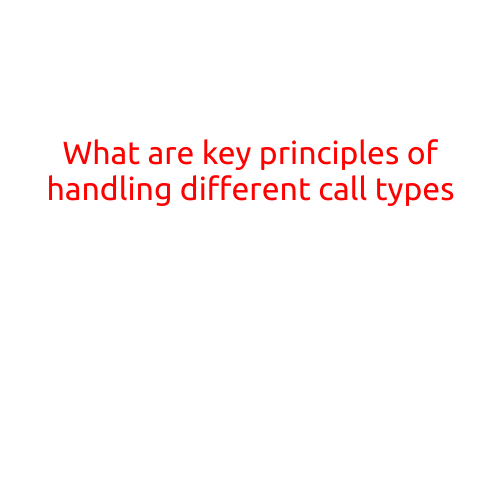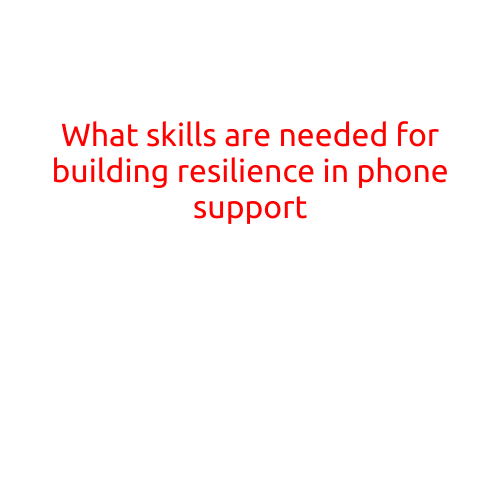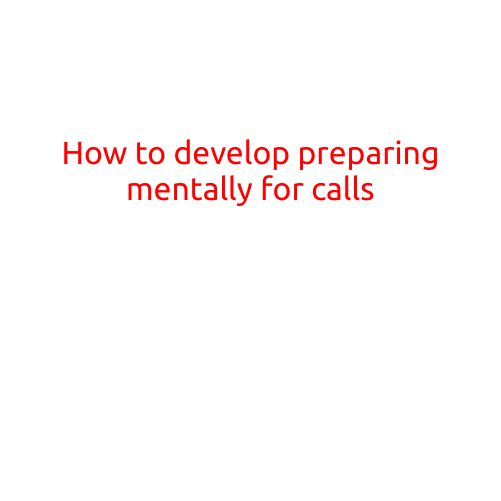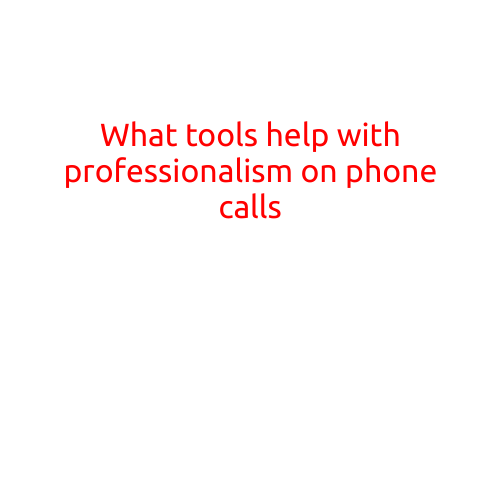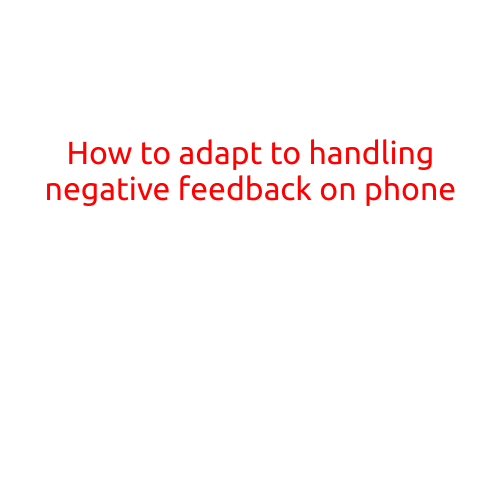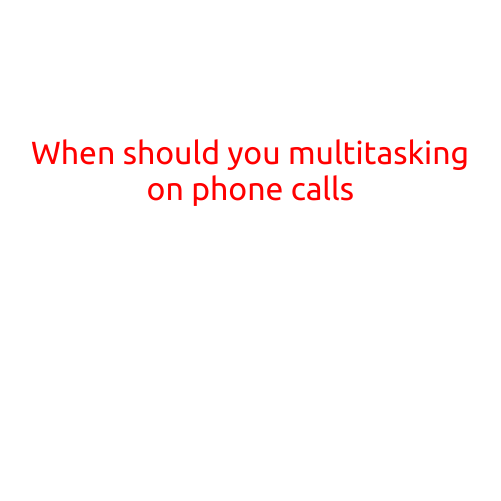
When Should You Multitask on Phone Calls?
In today’s fast-paced world, it’s tempting to try to do multiple things at once. Whether it’s checking emails while on a call, typing away on your laptop while chatting with a friend, or scrolling through social media while watching TV, multitasking has become a normalized part of our daily lives. But when it comes to phone calls, is it really necessary – or even advisable – to multitask?
The Pros of Multitasking on Phone Calls
Before we dive into the potential drawbacks, let’s consider the benefits of multitasking on phone calls. For instance:
- Increased productivity: By doing other tasks simultaneously, you can accomplish multiple tasks at once, making you feel more productive and efficient.
- Improved organization: Multitasking can help you stay on top of multiple tasks and responsibilities, ensuring that nothing falls through the cracks.
- Enhanced creativity: Multitasking can stimulate your creativity by allowing you to bounce between different tasks and ideas.
The Cons of Multitasking on Phone Calls
However, there are also some significant downsides to consider:
- Decreased attention: When you’re trying to multitask, you’re splitting your attention between multiple tasks. This can lead to decreased focus and attention to the person on the other end of the call.
- Poor communication: Multitasking can result in poor communication, as you may not be fully present or engaged in the conversation.
- Increased stress: Multitasking can be stressful and overwhelming, especially if you’re trying to juggle multiple complex tasks.
- Decreased call quality: Multitasking can also lead to lower call quality, as you may not be fully listening to the other person or responding thoughtfully.
When to Multitask on Phone Calls
So, when is it okay to multitask on phone calls? Here are some scenarios where it might be acceptable:
- Basic conversations: If you’re having a simple, straightforward conversation that doesn’t require intense focus, such as confirming an appointment or leaving a message.
- Background tasks: If you need to respond to a quick email or calendar invite while on a call, it’s unlikely to compromise the conversation.
When Not to Multitask on Phone Calls
On the other hand, there are certain situations where it’s best to avoid multitasking:
- Important or sensitive conversations: If you’re discussing critical or sensitive information, it’s essential to focus on the conversation and give the other person your undivided attention.
- Complex discussions: If the conversation requires deep thought, analysis, or problem-solving, it’s best to avoid distractions and focus solely on the discussion.
- Conflict resolution: When dealing with conflict or resolving disputes, it’s crucial to focus on the conversation and listen actively to the other person.
The Bottom Line
In conclusion, while multitasking can be beneficial in some situations, it’s essential to consider the context and purpose of the phone call. If you’re having a basic or routine conversation, multitasking might be acceptable. However, if the conversation is important, complex, or sensitive, it’s best to focus on the discussion and avoid distractions. Remember, effective communication requires attention, focus, and engagement – so be mindful of when to multitask and when to devote your full attention to the other person on the call.

